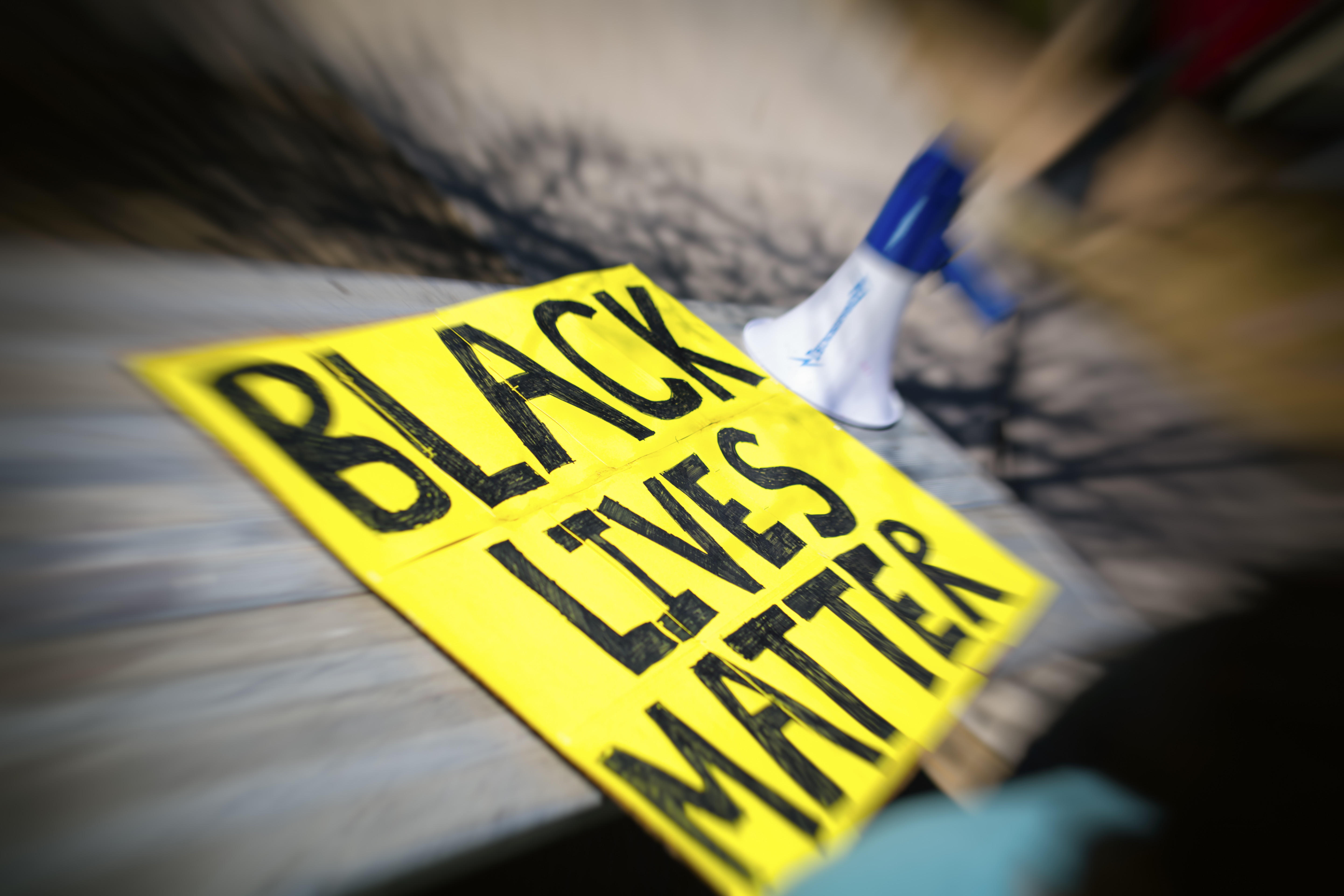Like this article? rabble is reader-supported journalism. Chip in to keep stories like these coming.
On Sunday, Black Lives Matter’s protest at the Toronto Pride parade captured international attention. The timing was especially relevant as Alton Sterling and Philando Castile were both shot and killed by police in Baton Rouge America. It was also the one-year anniversary since Andrew Loku was killed by an unnamed Toronto police officer. Here are rabble.ca bloggers’ thoughts on the protest, police violence, and the discrimination that marginalized people experience in Canada.
Some have responded negatively to BLMTO’s protest referring to it as a military operation or hostage situation on social media. Nora Loreto writes this is a misuse of these terms and pro-police sentiment has come from white men who have had preferential protection. She also note similar sit-ins during Pride’s Trans* parade or Dyke March have not been met with the same response. She says this is because the parade has become the most apolitical and corporate part of Pride. The protest has renewed it’s political origins and raised awareness to the need for Toronto Police to embrace internal problems if they want to be accepted by the community.
Phillip Dwight Moran examines the problematic mainstream news coverage of the protest in Canada. He notices that often when addressing these issues, media tends to tokenize guests that are part of marginalized groups and dismiss their experiences as part of the rise of “victim culture”. He cites unsatisfactory coverage by CBC, the National Post and the Globe and Mail where the majority of “experts” referenced have been white and experience of people of colour has been further marginalized.
Michael Stewart looks at Michael Denzel Smith’s essay in The Nation from last where he called for abolishing the police and recommends we reexamine the recommendation. While this may seem an extreme measure, Stewart notes that those who are Black, Trans*, Indigenous, homeless, or disabled are rarely protected by the police. He also asks how many cases of police violence and misconduct it will take before we start referring to decent cops as “one good apple”. He points to restorative justice models and “no-exit” culture as potential social alternatives.
Finally, in further activist news, Jaydene Lavallie writes about the political statement she made at her university convocation. While walking across the stage she held a banner that read “reconciliation looks like divestment” and made a statement about how extractive industry is a threat to the survival of Indigenous people. She says it is hard to take university commitments to reconciliation seriously when they continue to invest in and profit from corporations that poision the land and water of Indigenous communities. She references any Indigenous communtiies who are currently fighting against corporations including Chippewa of the Thames First Nation and their battle against Enbridge and their Line 9.
That’s it for this week’s blog roundup! Make sure to check out more rabble.ca blogs to find out what’s happening in your world.
Like this article? rabble is reader-supported journalism. Chip in to keep stories like these coming.



